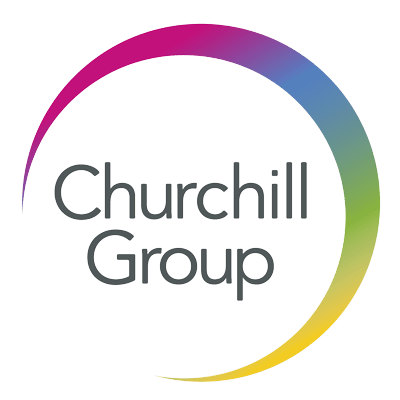This week marks the beginning of Neurodiversity Celebration Week, a global event that offers a platform to showcase the diverse spectrum of neurological differences within our communities. It has been one year since we signed the Neurodiversity Charter, and we’re excited to take this moment to reflect on some of the progress and updates we’ve achieved during this time.
The decision to sign the Neurodiversity Charter wasn’t just a symbolic gesture; it represented a deep commitment to embracing the diversity of human experiences in all its forms. It underpins our dedication to fostering an environment where our team members of all neurotypes feel valued, supported, and empowered to thrive.
One of the key principles of neurodiversity is acceptance without judgment. It’s about creating environments where individuals are valued for their unique strengths and abilities, rather than being stigmatised for their differences. By embracing neurodiversity, we unlock a wealth of potential and innovation that enriches our collective experience.
Building awareness and understanding
Signing the Neurodiversity Charter ignited conversations and raised awareness across our group of specialist businesses. Over the past year, we’ve dedicated resources to educational materials and webinars aimed at deepening our colleagues’ understanding of neurodiversity. By sharing personal narratives and insights, we’ve cultivated empathy and understanding, laying the foundation for a more inclusive workplace environment.
Our efforts to raise awareness of neurodiversity have also enabled us to recognise and harness the strengths and talents of our neurodiverse colleagues, unlocking their full potential. Many individuals with diverse neurotypes exhibit outstanding problem-solving skills and attention to detail, qualities that are highly valuable across a range of roles.
Reasonable adjustments
We’ve improved the visual accessibility features of our internal training platform to make learning easier for everyone. Now, colleagues can personalise font sizes, contrast settings, and alternate colour schemes, accommodating individuals with visual impairments or sensitivities. Focusing on visual accessibility within the platform is essential for fostering inclusivity and providing equal opportunities. It demonstrates our dedication to diversity, equity, and inclusion while improving the overall effectiveness of our learning environment.
We’ve also reviewed our job descriptions and the language used to identify complex or technical language that may be difficult for individuals with neurodiverse traits, such as autism or ADHD, to understand. Wherever feasible, we’ve opted for simpler language, employing clear and direct terms to outline job responsibilities and expectations.
Disability confident employer
The Disability Confident scheme, a UK government initiative, aims to assist employers in recruiting, retaining, and supporting individuals with disabilities or health conditions. We are proud to be a Disability Confident employer. We believe it helps to demonstrate our dedication to fostering an inclusive and supportive workplace environment for colleagues with disabilities.
Through our active engagement in the Disability Confident scheme, we not only showcase our dedication to supporting our existing employees with disabilities but also highlight to potential future talent that we are fully committed to providing opportunities for individuals of all abilities to flourish and develop within our businesses.
Charity
Last year, our guest services experts, On Verve, marked their second anniversary with a meaningful celebration. During this event, they seized the opportunity to support The Brain Charity, an organisation dedicated to improving the lives of those affected by neurological conditions, helping them lead healthier and happier lives.
By raising funds for The Brain Charity, we can help provide essential support services and resources to individuals and families facing neurological challenges. These services may include medical assistance, rehabilitation and counselling aimed at improving understanding and reducing stigma surrounding neurological conditions.
VR Training
Our DeliVR programme, designed to support train cleaning operatives through a blended onboarding and training approach, has gained recognition through a prestigious award win and some great media coverage. We believe that VR offers a more inclusive training experience compared to traditional methods.
According to the VARK learning styles, learners are categorised into four types: visual, aural, kinaesthetic, and reading/writing. VR training incorporates all these styles to varying degrees, providing a more inclusive experience that accommodates different learning preferences and enhances training outcomes.
Additionally, VR training is more engaging than reading manuals in traditional classroom settings, as it immerses users in the virtual environment through headsets. This immersive experience is particularly beneficial for individuals with ADHD or dyslexia for example because it aids concentration and relies on imagery, sound, touch, and movement rather than just the written word.
The approach is still in its infancy for the group, but there is some great potential and enthusiasm for a broader rollout.
The impact of Neurodiversity Celebration Week should resonate far beyond the confines of a calendar week. It should ignite conversations, foster connections, and spark meaningful change that continues throughout the year. It serves as a powerful reminder of the strength found in our differences. It invites us to build and celebrate a community where every individual is valued, accepted, and empowered to shine.
Let us celebrate neurodiversity not just for a week, but as an integral part of our shared journey towards a more inclusive future.



